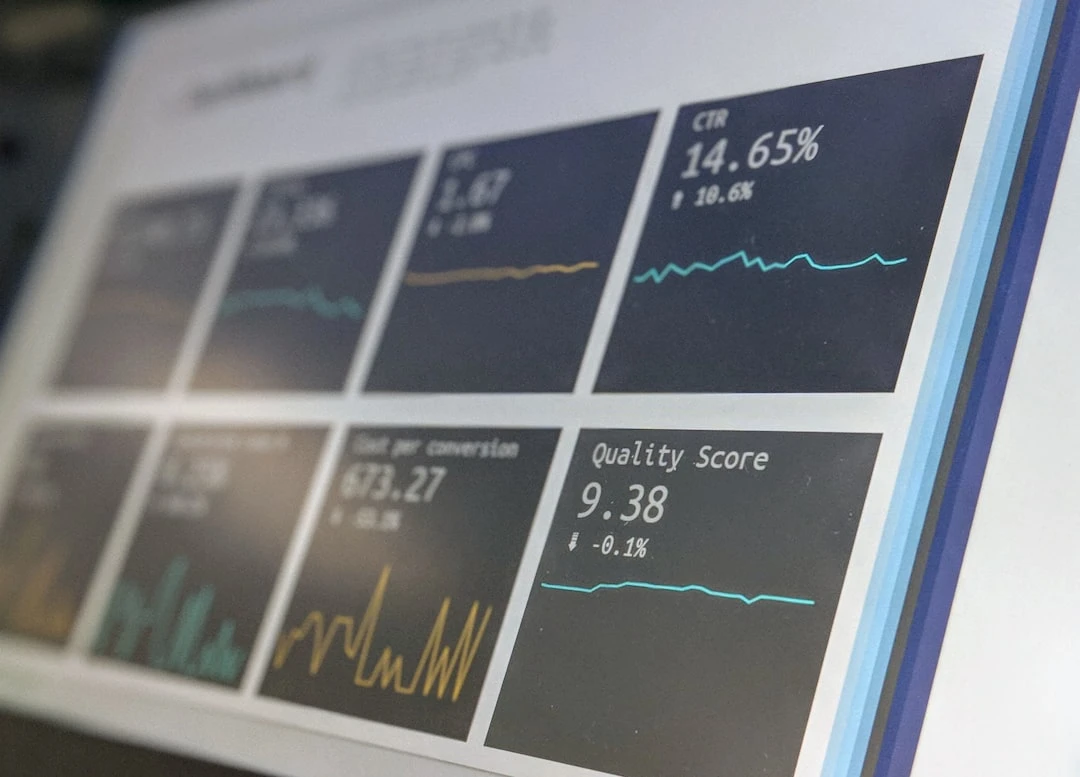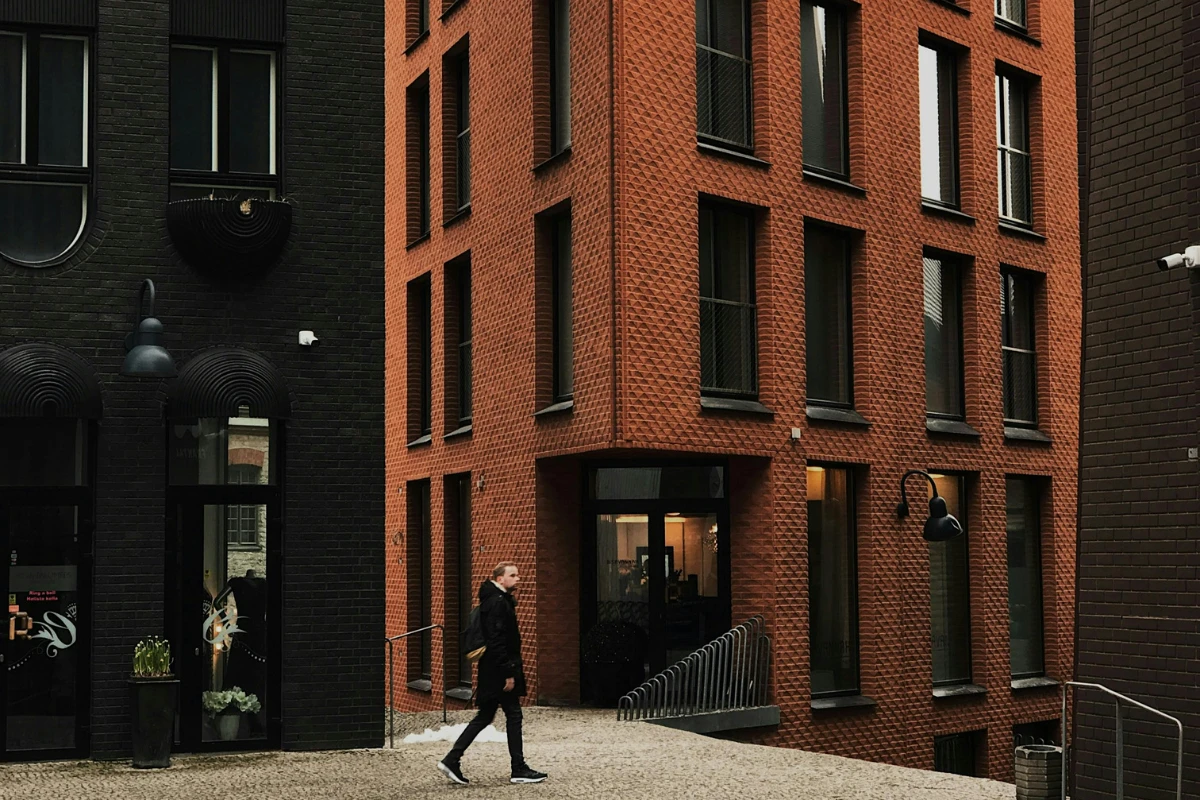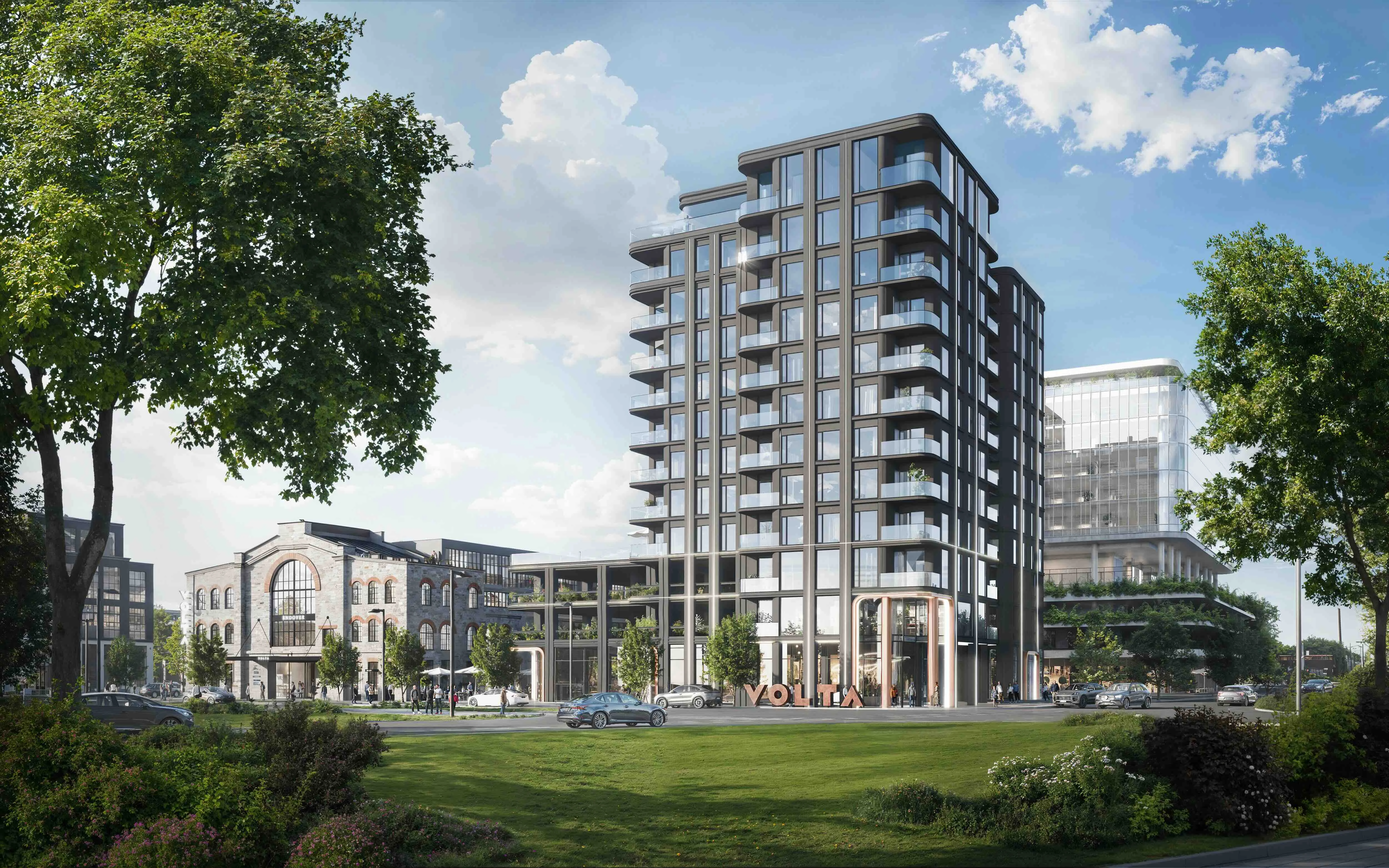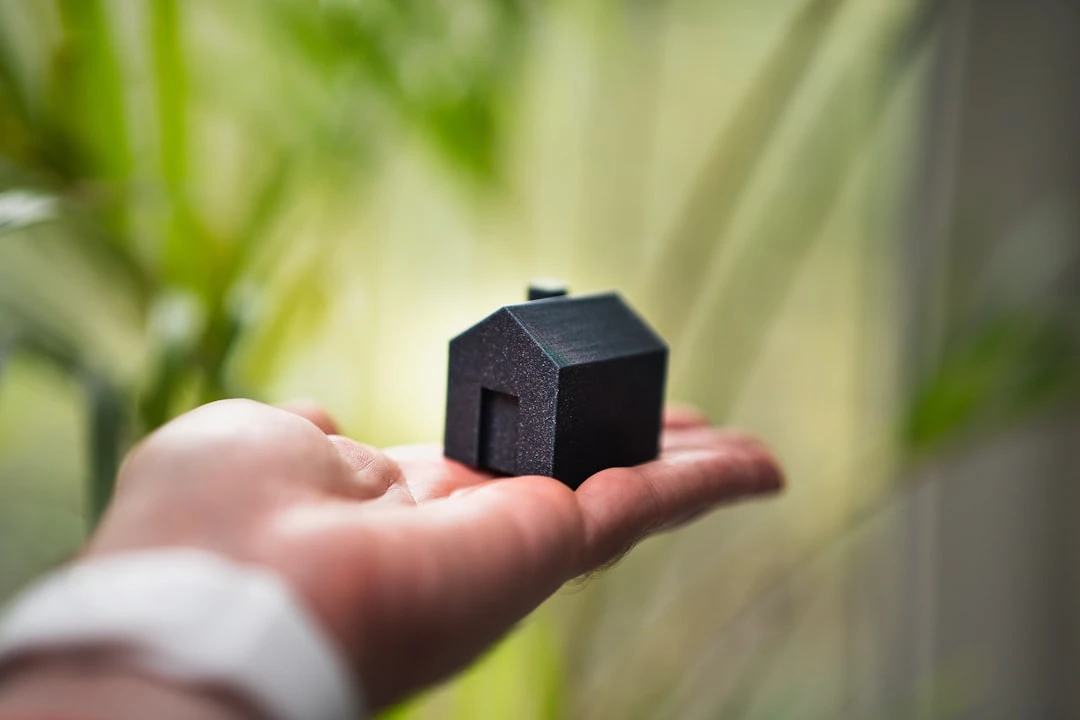What is a Condominium Association and What Every Apartment Owner Should Know?
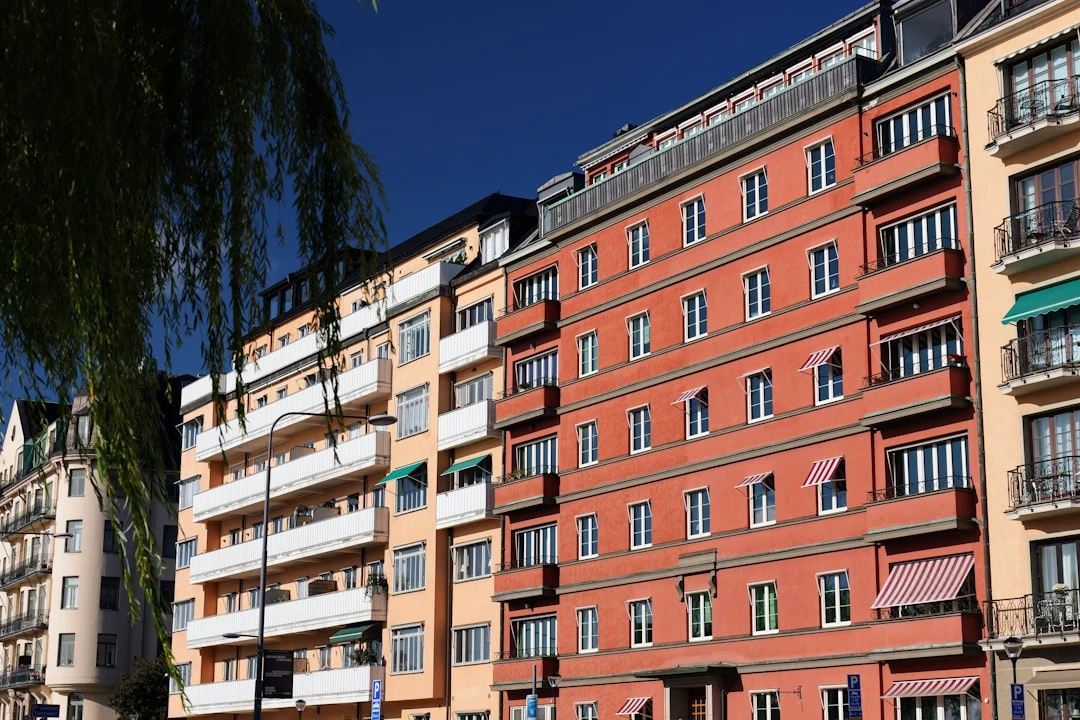
Living in an apartment building comes with various rights and responsibilities, many of which apartment owners are not fully aware of. If you have purchased your home or plan to do so, it is important to understand how an apartment association works and what your rights and responsibilities are as an apartment owner. The laws and practices in force in 2025 are important to understand in order to avoid misunderstandings and create a more harmonious living environment.
1. Basic rights and obligations of an apartment owner
Apartment ownership is a comprehensive set of rights and obligations that includes both your exclusive property (apartment) and co-ownership (common areas). According to law, apartment owners must follow the principle of good faith and take into account each other's justified interests, as provided for in the Apartment Ownership and Apartment Association Act.
As basic rights, you can use your apartment according to your wishes, as long as it does not violate the rights of other apartment owners. You have the opportunity to participate in the apartment association's decision-making processes, general meetings, and receive information about the association's activities and financial situation. You can also make suggestions to improve the work of the apartment association.
As basic obligations, you must pay utility and management costs as well as repair fund contributions on time. Obligations also include maintaining your apartment and complying with the apartment building's usage rules. At the foundation of everything is consideration for others and avoiding causing unjustified damage.
2. General meeting organization and decision-making
The highest decision-making body of an apartment association is the general meeting. In 2025, a regular general meeting must be held at least once a year. An extraordinary meeting is called if required by at least 1/10 of the apartment owners. At least 7 days' notice must be given of the meeting.
Since 2018, it has been possible to make decisions without calling a general meeting. To make a decision, a majority of the votes cast is needed, no longer all apartment owners' votes. All decisions must be presented within 60 days from their adoption.
In 2025, the use of electronic channels has become common practice - many apartment associations allow participation in meetings and voting via video conference or e-voting. This has made the decision-making process faster and more convenient, especially for apartment owners who live elsewhere or cannot attend meetings in person.
3. The role and responsibility of the board
The board is the executive body of the apartment association, which represents the association on a daily basis and implements the decisions of the general meeting. The main responsibilities of the board are representing the association and daily management, organizing accounting, and implementing the general meeting's decisions. The board also monitors the technical condition of apartment buildings and enters into contracts with various service providers.
The board is usually elected for up to three years, and its members can be both apartment owners and other persons. Recall of a board member requires a general meeting resolution. It is important to know that a board member is liable to the association for damages caused by breach of his or her duties. Therefore, it is worth electing people to the board who are willing to commit and have the necessary knowledge to manage an apartment association.
4. Budget and repair plan
A correctly prepared budget and repair plan is the basis for the successful operation of an apartment association. The budget is usually prepared for one year and contains a forecast of income and expenses. The budget is approved by the general meeting and should reflect all anticipated costs associated with managing the apartment building.
A long-term repair plan should be prepared for at least 5-10 years. This document contains necessary repair work in order of priority and defines the approximate cost and schedule of the work. A proper repair plan helps avoid unexpected costs and increases property value in the long term.
5. Annual financial statement
The annual financial statement provides an overview of the apartment association's financial situation and activities during the past year. The statement is prepared no later than six months after the end of the financial year and is approved by the general meeting. The approved statement must be submitted to the register.
The annual financial statement includes a balance sheet and profit and loss statement, a management report and an overview of the association's assets and liabilities. If an audit is required, an auditor's conclusion is also attached to the statement.
As an apartment owner, you have the right to familiarize yourself with the annual financial statement and ask for clarification if something is unclear. The statement provides a good overview of how your money has been spent and what the association's priorities are. A thorough review of the annual financial statement allows you to make more informed decisions about the association's use of funds and future plans.
6. Dispute resolution
Disagreements and conflicts inevitably arise from time to time in apartment buildings. There are various ways to resolve them, starting with negotiations with the board or other apartment owners and ending with court proceedings, which should still be considered as a last resort.
The most common dispute topics are related to non-payment of utility costs and repair fund contributions, noise and other disturbances, unauthorized renovations of apartments, and the use of common areas. It is particularly important to know that apartment renovations, such as demolition of partition walls in an apartment building, must be accompanied by appropriate permits and approvals.
To prevent conflicts, it is recommended to familiarize yourself with the apartment association's charter and house rules and follow the rules set out in them. Communication with other apartment owners should be open and constructive. If a problem arises, it should be resolved as soon as possible, before it escalates.
7. Practical checklist for an apartment owner
To stay informed about what is most important and avoid problems, it is worth following a practical checklist. Monthly, check the timely payment of utility and repair fund costs and familiarize yourself with the board's announcements. Once a year, attend the general meeting or give a power of attorney if you cannot attend. Also familiarize yourself with the annual financial statement, review the budget and repair plan, and check if the board's authority needs to be renewed.
If necessary, inform the board of problems noticed in the apartment building, consult about renovation work before starting it, and make suggestions to improve the work of the apartment association.
As an apartment owner, you should also think about the future value of your home. From time to time, Estonia's apartment price trends are studied to understand market trends and make informed investment decisions. You should also be familiar with innovations that may affect your apartment building.
Summary
Being an apartment owner comes with both rights and responsibilities. Active participation in your apartment association's activities helps create a better living environment and maintain and increase property value.
Be sure to familiarize yourself thoroughly with the Apartment Ownership and Apartment Association Act and your association's charter. A knowledgeable and responsible apartment owner is a good neighbor and a valued member of the community. This way you ensure not only the preservation of your property value, but also contribute to the welfare of the entire apartment building.

